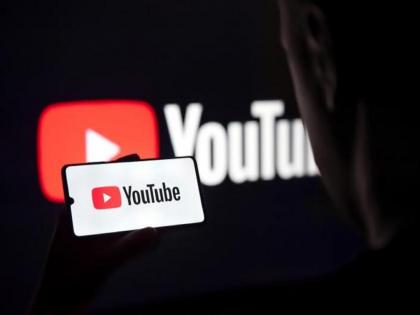Will YouTube Kill AI-Generated and Repetitive Content With This Monetization Policy Change? Here's What We Know
By Lokmat English Desk | Updated: July 6, 2025 22:47 IST2025-07-06T22:45:01+5:302025-07-06T22:47:09+5:30
Starting July 15, channels uploading low-effort, duplicate, or mass-produced content may lose their ability to earn revenue. In a ...

Will YouTube Kill AI-Generated and Repetitive Content With This Monetization Policy Change? Here's What We Know
Starting July 15, channels uploading low-effort, duplicate, or mass-produced content may lose their ability to earn revenue. In a bold move aimed at protecting originality, YouTube is overhauling its monetization policy to curb the rising wave of AI-generated, repetitive, and low-effort videos flooding the platform. The Google-owned streaming giant is set to roll out new rules under its YouTube Partner Program (YPP) that could hit the revenue streams of creators relying too heavily on automation or recycled content.
YouTube says the update is meant to promote "original" and "authentic" creations—core values it claims have always been at the heart of the platform. But with artificial intelligence tools now churning out content at lightning speed, the platform is clearly drawing a line.
From July 15 onward, YouTube will begin actively identifying videos that are either mass-produced or nearly identical to other uploads. Such content could be flagged, reviewed, and subjected to reduced monetization—or even complete demonetization. While YouTube hasn’t detailed the exact punishments, creators who repeatedly break the new rules risk being suspended or removed from YPP altogether.
Creators producing high-quality, original content likely have nothing to worry about. But those who rely on shortcuts or publish repetitive videos may need to rethink their strategies—fast. YouTube is offering a grace period of several weeks before enforcement begins, giving creators a chance to audit their channels and make changes.
To qualify for monetization, creators must still meet the usual benchmarks: 1,000 subscribers and 4,000 valid public watch hours in the past 12 months, or 10 million Shorts views over the past 90 days. Further guidance on the new policy is expected before the official rollout.
With this move, YouTube is sending a clear message: originality isn’t optional—it’s the only way forward in an AI-driven world.
Open in app